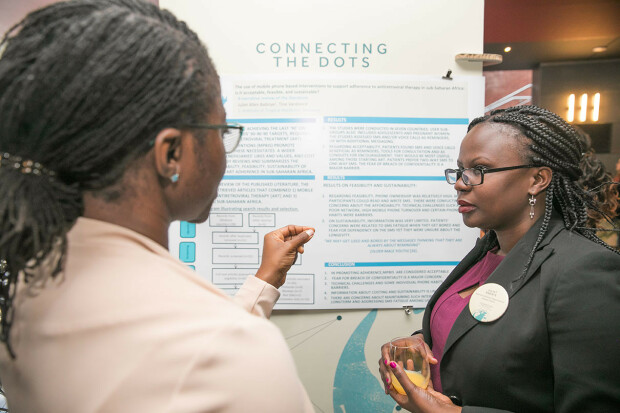
Global programme – Policy Support
Global programme – Policy Support
A research-practice-policy partnership between ITM and DGD has increasingly taken into account DGD's information needs. A predefined set of ITM's expertise on tropical medicine and public health can be used to better coordinate the demand and supply of evidence and influence, which will strengthen the position of DGD and, more broadly, the Belgian governmental actors, mainly the Ministry of Health, the Ministry of Foreign Affairs and related Belgian embassies.
On the supply-side of scientific evidence, ITM’s expertise (ITM Strategy 2020-2024) comprises four research priorities:
(Re-)emerging diseases and outbreaks
Antimicrobial resistance
Elimination of communicable diseases (HIV, TB, malaria), including maternal and sexual reproductive health and neglected (tropical) diseases
Sustainable health systems and strategies, including universal health coverage and global health governance.
On the demand-side of scientific evidence, DGD relies on scientific updates and research evidence to support its health strategy of “the right to health care”. This strategy prioritises communicable, neglected diseases; non-communicable diseases and sexual reproductive health, as well as the WHO framework of building blocks of a health system, which are (i) service delivery, (ii) health workforce, (iii) health information systems, (iv) access to essential medicines, (v) financing and (vi) leadership and governance.
DGD also needs scientific guidance and support within multilateral health partnerships such as WHO; UNAIDS; The Global Fund to Fight AIDS, Tuberculosis and Malaria; UNFPA and COVAX/ACT-A. ITM provides the DGD with evidence-based briefings and recommendations to support research implementation (especially from the perspectives of low-income countries) into policies and practices, as well as improve the visibility of DGD and related ministries at international fora, which will lead to better health outcomes for populations in LMIC and equity within international policies and programs.